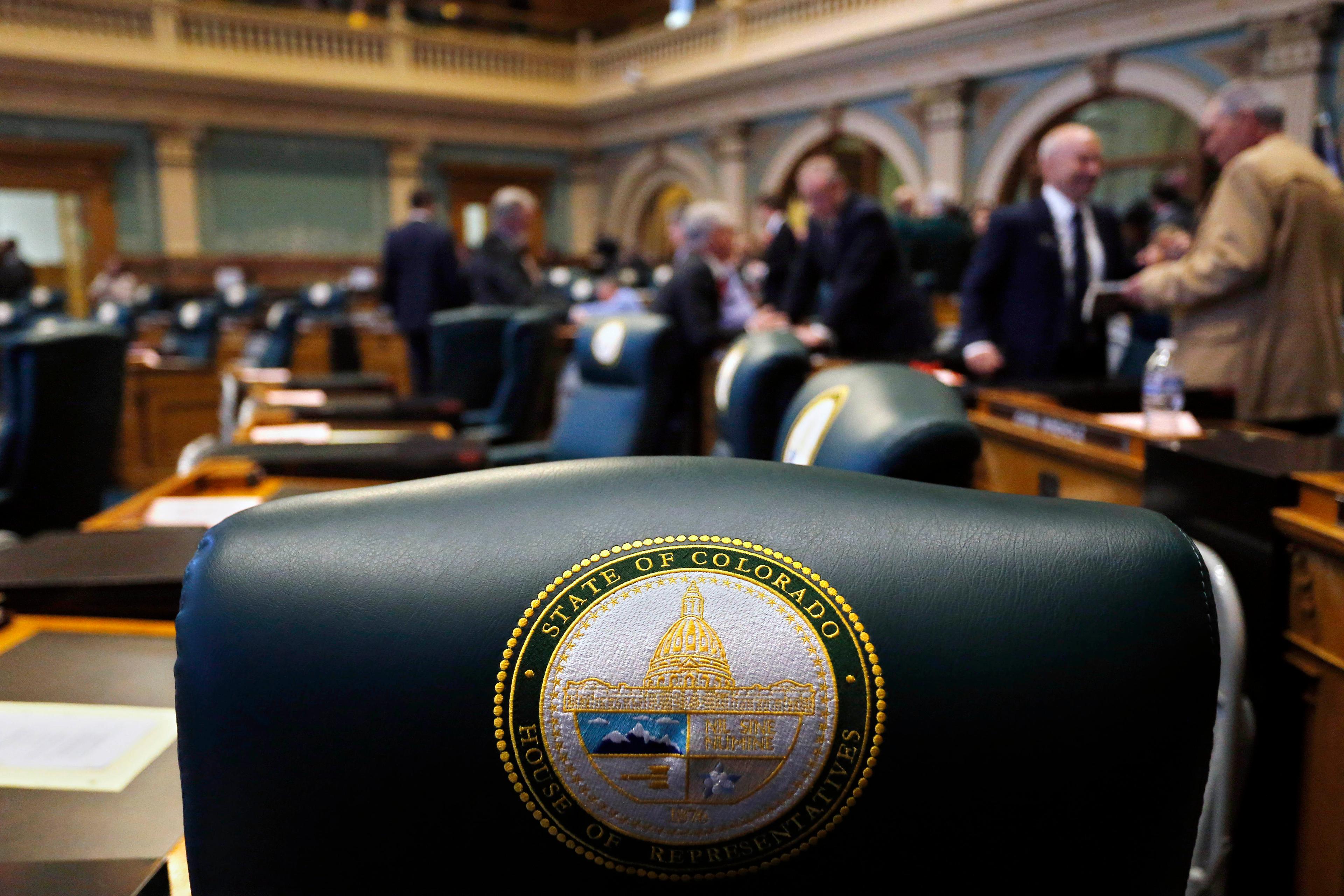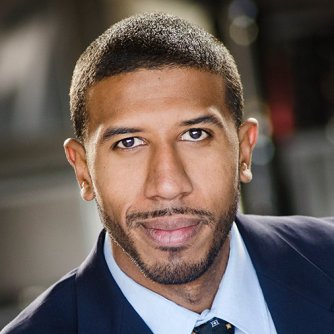
Conversion therapy, which seeks to turn gay people straight, is widely seen as bunk science.
The American Psychiatric Association declassified homosexuality as a mental disorder in 1973 and the American Psychological Association says these so-called therapies are "based on a view of homosexuality that has been rejected by all the major mental health professions."
Yet, it persists. That's why Denver Democrat Rep. Paul Rosenthal wants to make the practice illegal for people under 18. His bill has passed the House, but may die in the Republican-controlled Senate, as it did last year.
Rosenthal's bill has opponents. David Pickup, a therapist who works in Los Angeles and Dallas, testified at a committee hearing recently that the bill would actually put children in danger.
"To tell boys, their parents, and their therapists that they cannot reduce or eliminate these unwanted sexual feelings because it is illegal will result in a rise of anxiety depression and suicidality in these boys," Pickup said. "I've seen such cases."
Rosenthal says such arguments are rooted in the belief that homosexuality is "fixable." He, and Brad Allen, who underwent conversion therapy and testified in favor of the bill, spoke with Colorado Matters host Ryan Warner.
Allen on how he changed his mind about conversion therapy:
"I believed that my love was toxic at that point. I fell in love with a guy and realized that I was going to -- the phrase is 'cannibalizing homosexuality' -- where I feel a masculine void internally, so therefore I try to steal masculinity from another man. And that's what I thought homosexuality is. I was afraid of hurting him because I had feelings for him. It was the first time I've ever had truly romantic feelings for another man and I was afraid of hurting him. And so in order to save him from me I decided to kill myself."
Allen on why he didn't follow through on that plan:
"The day before my plan was to take place, I had a thought that came into my mind that saved my life. And the thought was, 'Brad, you are not toxic.' And from that point on I knew I was going to survive. I came out to my pastor the next day and I was told I can't take communion at the church. ... And then I told my therapist and that effectively severed that relationship as well. And so I lost of the community I had. But it's been the best decision I've ever made."
Rosenthal on why he thinks his bill is needed:
"We're talking about children here -- people under the age of 18 who are struggling with their sexuality. And they need protection of the state of Colorado in order to make sure that a therapist is not trying to get them to be somebody they are not."









